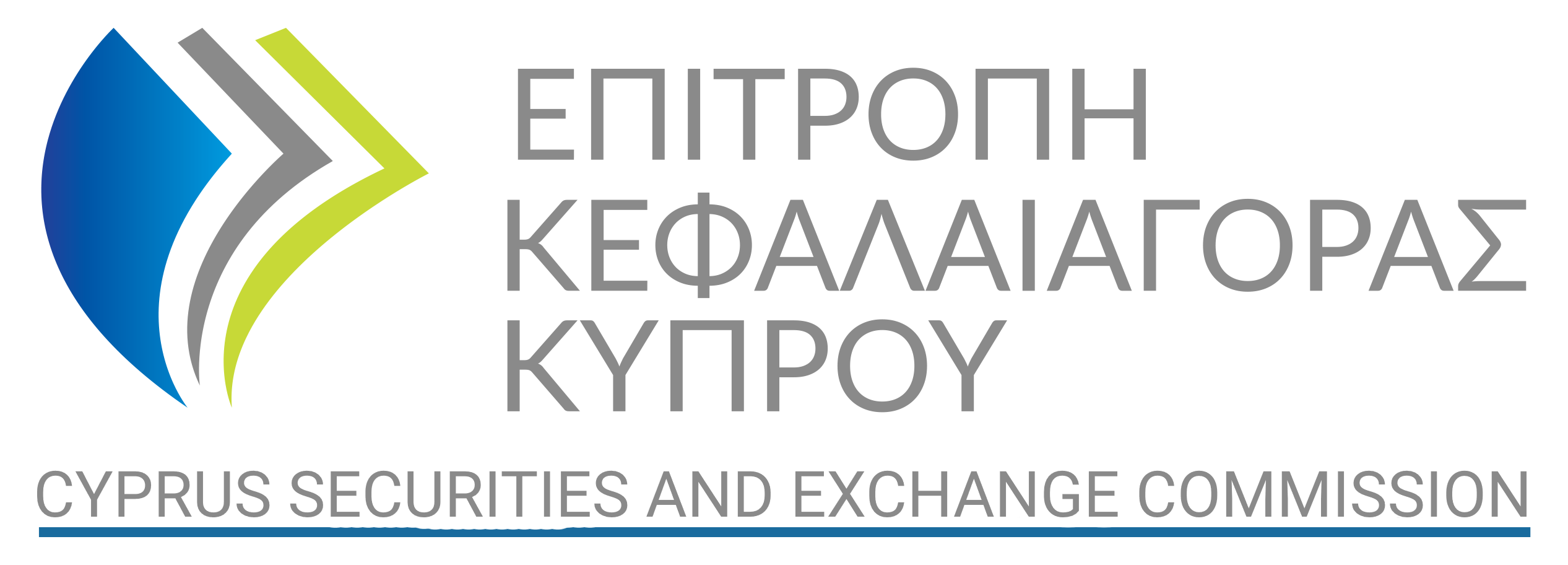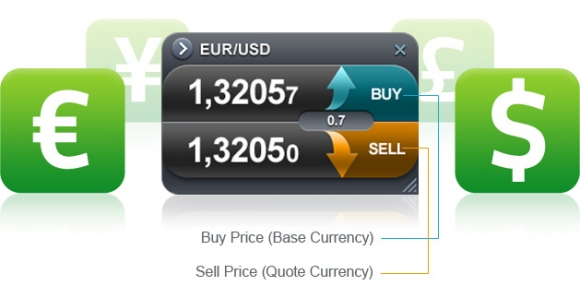
The history of Forex or foreign exchange trading can be traced right back to ancient times. There is evidence that currency was exchanged in the ancient world for goods and services and that this was based on the amount of gold that the coins of the time contained. Several smaller coins would be exchanged for one larger coin with a higher amount of gold. For a long time most of the major currencies of the world had a fixed value that was based on the amount of gold or silver that could be purchased with it and this can be traced back to these times. The riches of the ancient world are the themes for a number of slots at 7 Sultans online casino.
In modern history, the introduction of the gold standard is often credited with being the point that foreign exchange was really created. The gold standard was a measure of how much currency was needed to purchase a fixed amount of gold. The gold standard was introduced in 1880 and was used up to the beginning of the First World War when it as dropped by most governments.
New York Stock Exchange 1908
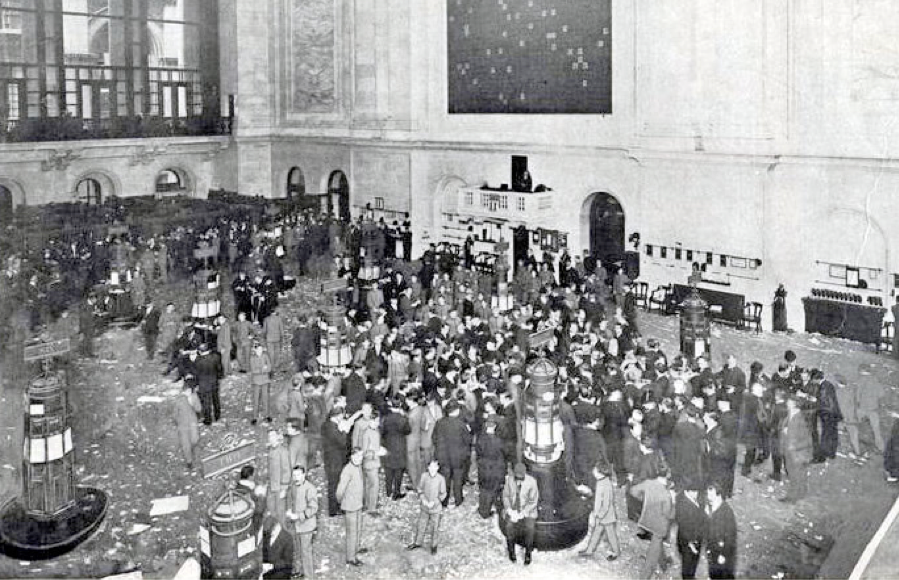
In the years after the war there was a lot of increased activity in Forex. Most of this activity was happening in New York, Berlin and Paris. London was some way behind these other cities at first but in the period between 1902 and 1924 the number of foreign exchange brokers in London rose from just 2 to over 40.
The Bretton Woods Accord was signed after World War II and this restricted the fluctuation of currencies to 1% above or below their exchange base rate. It also stated that the US dollar would be the only currency to be fixed to the gold standard and that all other currencies were fixed to the US dollar. This Accord was under constant pressure during the 1960s and eventually collapsed in 1971. This system also saw the end of fixed rates of exchange which were replaced with a currency system that was free floating.

The amount of foreign exchange transactions that took place between 1970 and 1973 increased to three times the volume from before this period. This was still the case even though some of the markets closed completely for certain periods between 1972 and 1973. In part this was because the foreign exchange market could not be balanced by using the measures of control that were in place at the time.

The foreign exchange markets began to take on the form that we recognize today after 1973 when they moved out of state control and entered the open market. Up until the 1980s it had only really been the United States and countries in Europe that had been involved in Forex trading but this changed when China and South Korea also began to start trading in these markets.
Today, Forex trading is the largest global market in the world. An estimated 1.9 trillion is invested in the market worldwide on a daily basis. It is no longer just restricted to professional traders as there are platforms that allow people to trade foreign exchange from the comfort of their own homes. They can hit the jackpot in the same way as they would at 7 Sultans online casino. Forex trading has provided real investment opportunities for people who have no real experience in the trading industry. However, as with all other forms of investment people interested in trading should carry out a great deal of research before they risk any money. This research should not only include the current trends in terms of currency, but also the investment platform that they will be using.
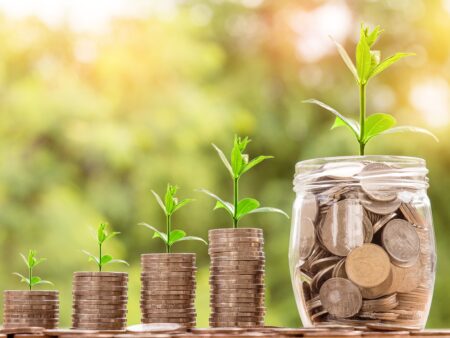
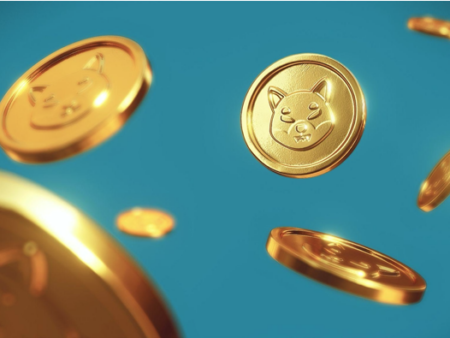

![Binance Review: How the Crypto Exchange Works [2024]](https://www.feedroll.com/wp-content/uploads/2024/03/binance-trading-100x100.png)
![Dukascopy Broker Reviews, Pros & Cons [2024]](https://www.feedroll.com/wp-content/uploads/2024/03/Dukascopy-europe-100x100.jpg)
![Plus500 Reviews: How it Works, Pros & Cons! [2024]](https://www.feedroll.com/wp-content/uploads/2024/03/plus500_-100x100.jpg)

